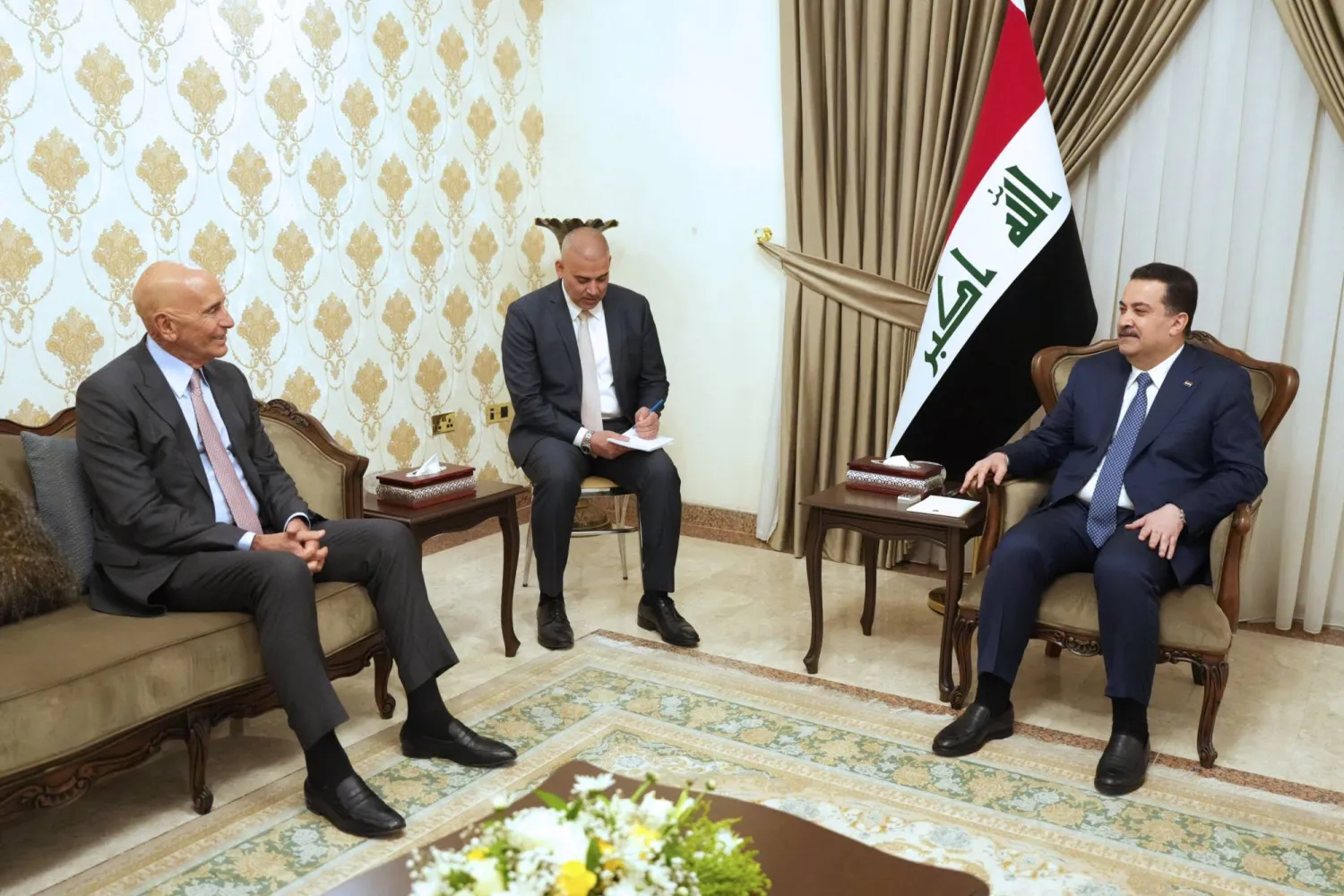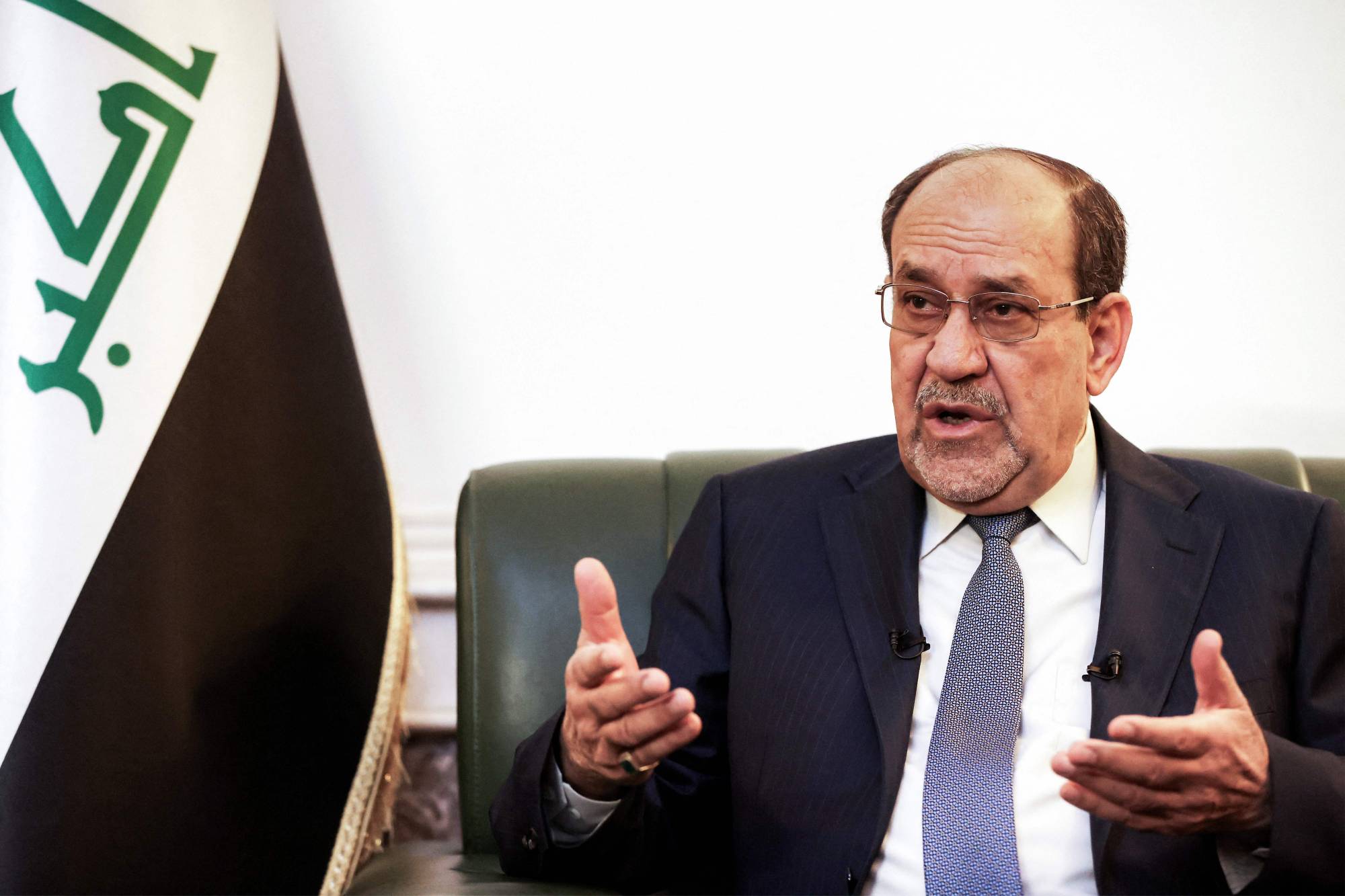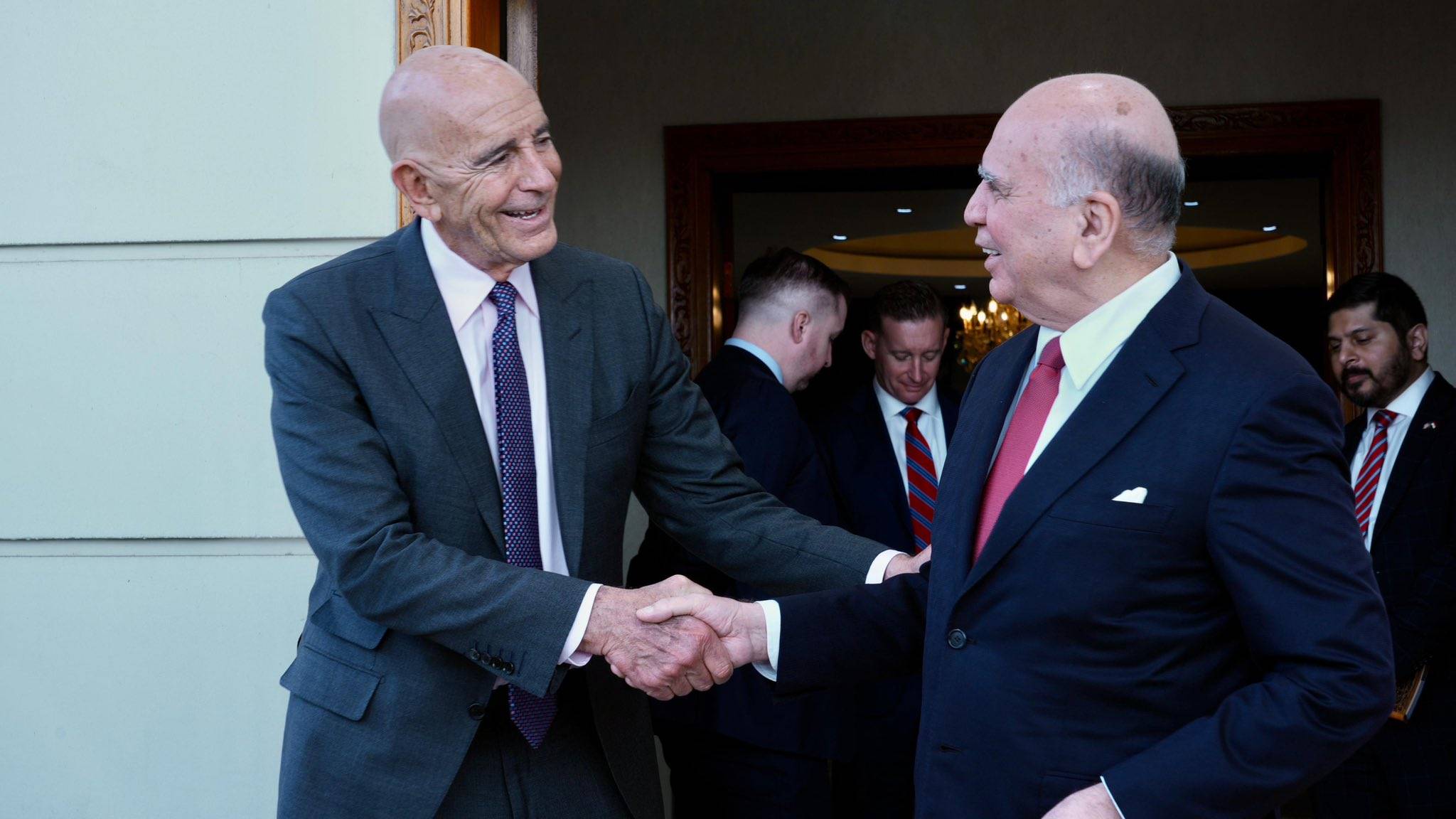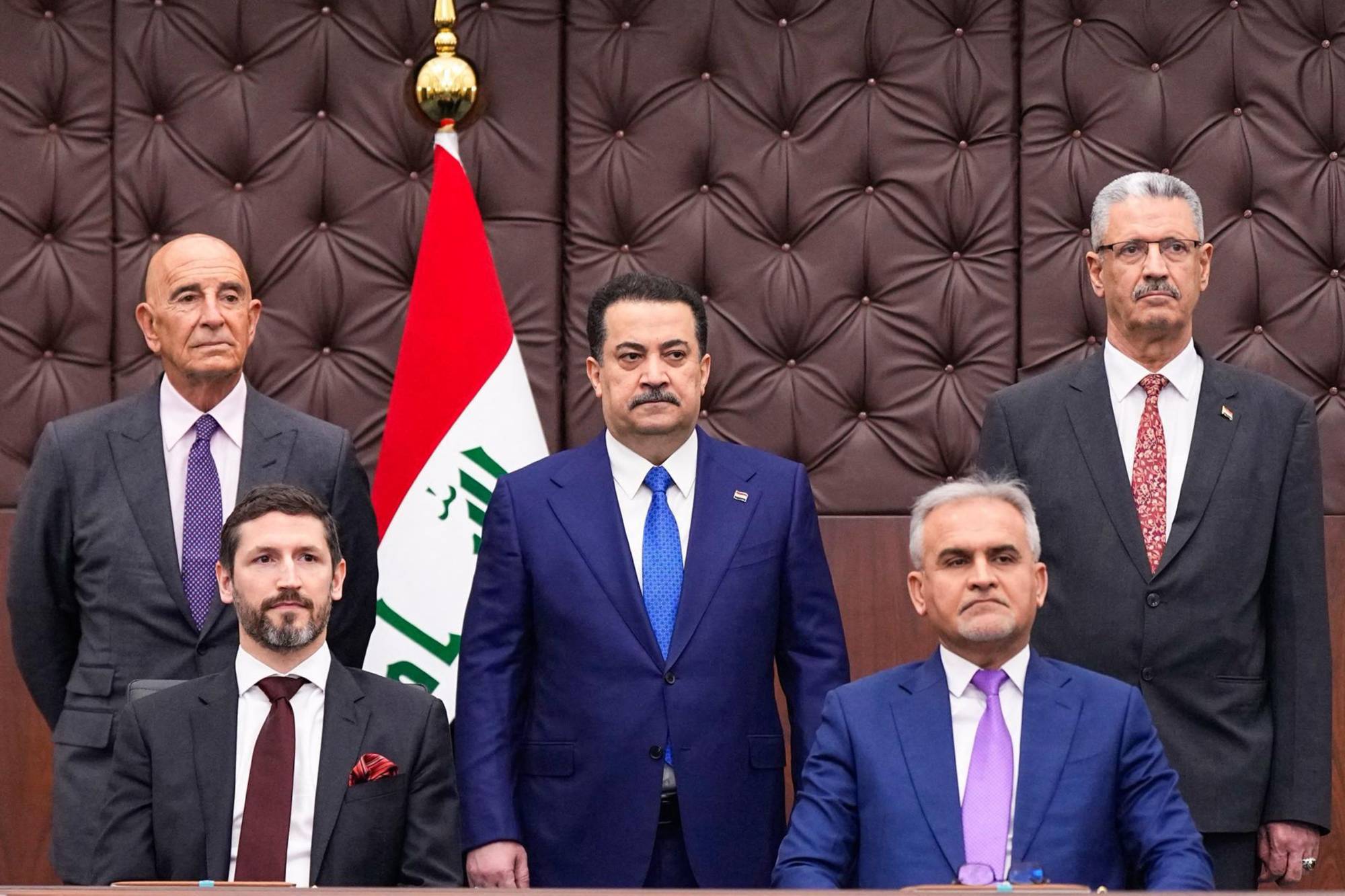The Pentagon has sent military advisers, including a Marine Corps general versed in urban warfare, to Israel to aid in its war planning and is speeding multiple sophisticated air defense systems to the Middle East days ahead of an anticipated ground assault into Gaza.
One of the officers leading the assistance is Marine Corps Lt. Gen. James Glynn, who previously helped lead special operations forces against the ISIS group and served in Fallujah, Iraq, during some of the most heated urban combat there, according to a US official who was not authorized to discuss Glynn’s role and spoke on the condition of anonymity.
Glynn will also be advising on how to mitigate civilian casualties in urban warfare, the official said.
Israel is preparing a large-scale ground operation in an environment in which Hamas militants have had years to prepare tunnel networks and set traps throughout northern Gaza's dense urban blocks.
Glynn and the other military officers who are advising Israel "have experience that is appropriate to the sorts of operations that Israel is conducting," National Security Council spokesman John Kirby said Monday. The advisers will not be engaged in the fighting, the unidentified US official said.
The military team is one of many fast-moving pieces the Pentagon is getting in place to try and prevent the already intense conflict between Israel and Hamas from becoming a wider war. It also is trying to protect US personnel, who in the last few days have come under repeated attacks that the Pentagon has said were likely endorsed by Iran.
Kirby said Iran was "in some cases actively facilitating these attacks and spurring on others who may want to exploit the conflict for their own good, or for that of Iran. We know that Iran’s goal is to maintain some level of deniability here. But we're not going to allow them to do that."
The White House said President Joe Biden spoke with Israeli Prime Minister Benjamin Netanyahu on Monday to update him on "US support for Israel and ongoing efforts at regional deterrence, to include new US military deployments."
On Monday, the US military garrison at an-Tanf, Syria, came under attack again, this time by two drones. The drones were shot down and no injuries were reported.
It was the latest episode of more than a half-dozen times in the last week that US military locations in the Middle East had come under rocket or drone attack since a deadly blast at a Gaza hospital.
Last Thursday the destroyer USS Carney shot down four land-attack cruise missiles launched from Yemen that the Pentagon has said were potentially headed toward Israel.
In response, over the weekend the Pentagon announced it was sending multiple Patriot missile defense system battalions and a Terminal High Altitude Area Defense system to the Middle East, as well as repositioning the Eisenhower strike group to the US Central Command area of responsibility. The ship had previously been en route to the Eastern Mediterranean.
The shift means that the Navy will have a carrier strike group off the shore of Israel — the Ford carrier strike group — and another, the Eisenhower, potentially maneuvered to defend US forces and Israel from the Red Sea or the Gulf of Oman.
"We’re going to continue to do what we need to do to protect and safeguard our forces and take all necessary measures," Ryder said. "No one wants to see a wider regional conflict. But we will not hesitate to protect our forces."
The US has also advised Israeli officials to consider a delay in any ground assault, saying it would give more time to allow the US to work with its regional partners to release more hostages, according to a US official familiar with Biden administration thinking on the matter. The official, who requested anonymity to discuss the private discussions, said it was unclear how much the argument will "move the needle" on Israeli thinking.
The official noted that with the help of Qatar mediating with Hamas, the US was able to win the release of two captives, Judith and Natalie Raanan. The process that led to their release — just two of more than 200 people in Israel who were taken hostage in the Oct. 7 attacks — started soon after the Hamas operation. The official noted arranging for the release of the Raanans took longer to come together than many people realized.
Asked during a brief exchange with reporters at the White House on Monday if the US would be supportive of a ceasefire-for-hostage deal, Biden replied, "We should have those hostages released and then we can talk."
During his phone call with Netanyahu, Biden also "reaffirmed his commitment to ongoing efforts to secure the release of all the remaining hostages taken by Hamas — including Americans — and to provide for safe passage for US citizens and other civilians in Gaza," the White House said.
The International Committee of the Red Cross said Monday that Hamas had released two more hostages. They were identified by Israeli media as Yocheved Lifshitz and Nurit Cooper of the Israeli kibbutz of Nir Oz.
Glynn's assignment to Israel was first reported by Axios.












